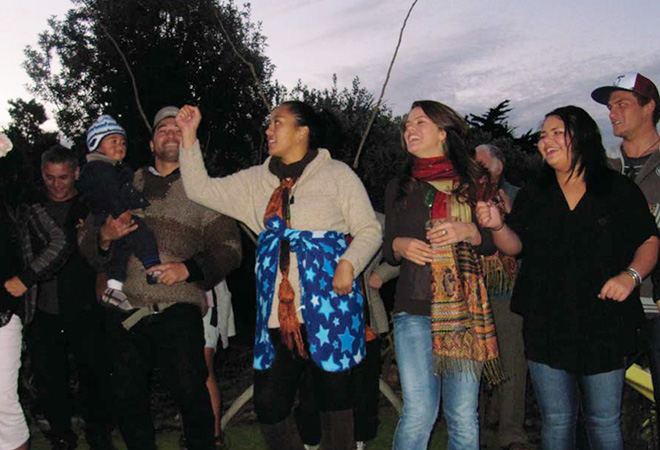
Key Tutor Practices that are Positively Associated with Successful Completion for Māori PTE Students
Status
Completed: 19 November 2011
Project Details
A project, completed in 2011, to identify key tutor practices, in relation to delivery of content, student engagement, and cultural awareness, that correlated to successful outcomes for Māori students in a PTE. A collaboration of Workforce Development and Eastern Institute of Technology.
Aims:
The main aims of the project were to:
- investigate learning environments that enable positive outcomes to be achieved for Māori learners in foundation and entry level vocational tertiary education, often framed as 'second-chance learning'
- identify key tutor practices for successful Māori learning outcomes, in particular for “second-chance” students in a PTE environment
- identify specific delivery practices consistently demonstrated by tutors who have ongoing success in delivering to Māori learners.
Methodology:
A mixed method approach was used, both qualitative and quantitative, involving:
- historical quantitative programme results, student retention and success, formed the basis of the research data analysis
- questionnaires and surveys provided further qualitative data from the targeted groups
- face-to-face interviews and focus groups were used to highlight individual teaching practice, professional development completed and individual teaching philosophies.
Team

Anne Greenhalgh
Project Leader
Workforce Development Ltd
Kare Tipa-Rogers
Workforce Development
Rebecca Hunter
Workforce DevelopmentStatus
Funding
$8,391.00 (excl GST)
Key Findings
The key findings from the project included:
- Students surveyed claimed that their Workforce course had been a valuable learning experience for them in the context of giving them skills and meeting their expectations. Support, teaching and peers were the most commonly identified factors in helping students achieve their goals.
- The practice of Whānaungatanga in class dynamics, the inclusion of Tikanga in class protocols and peer support teaching methods, Tuakana Teina, have a positive impact on the retention/completion success rates of Māori students in the PTE environment.
- The results highlight the effectiveness of a bicultural approach to tutoring adult students.
Key Recommendations
The key recommendations and insights from the project were:
Future research | The further development of this research will utilise the data from this report as a base from which to explore the actual tutor practices which result in positive outcomes for Māori students. It is intended that this will culminate in the creation of a toolkit of specific skills, practices and attitudes for tutors in the PTE sector which will enhance teaching practice in relation to success for Māori students.
Professional development | It is expected from the results of this research that tutors will gain a greater awareness of how their practice can have a direct impact on a student’s success. The findings of this research could be used to drive professional development for tutors working in the PTE sector and lead to the development of a professional development tool, Puanga Te Matapae Oranga.
Collaboration | Sharing the results of this research will enable not only internal collaborative development but wider engagement and collaboration with PTEs, resulting in an overall increase in student success within the sector.